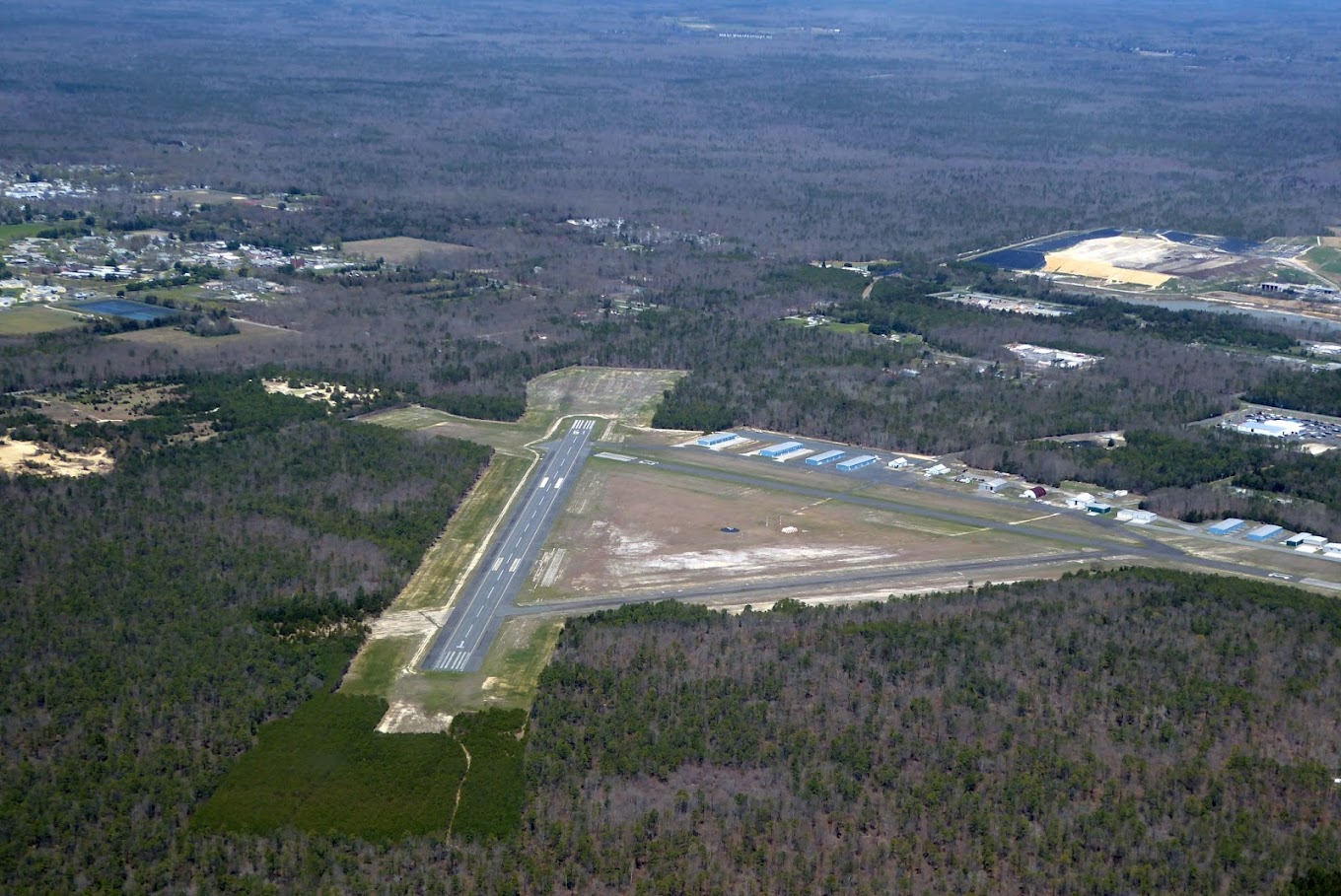Municipal Airport
Introduction
A municipal airport, also known as a city-owned airport, is an aviation facility owned and operated by a local government, typically at the city or county level, serving various purposes like general aviation, corporate aviation, flight training, and recreational flying.

Ownership
Municipal airports are owned and operated by a local government entity, such as a city or county, rather than a private company or a state or federal agency.
Purpose
These airports are designed to serve a variety of aviation needs, including:
- General Aviation: Private aircraft owners and pilots use these airports for personal and business travel.
- Corporate Aviation: Businesses with their own aircraft use these airports for business travel and logistics.
- Flight Training: Flight schools and training facilities often operate at municipal airports, providing instruction for aspiring pilots.
- Recreational Flying: Airports may also support recreational aviation activities, such as glider flying and skydiving.
Characteristics
- Smaller Scale: Municipal airports are typically smaller than major international airports, with fewer runways and terminals.
- Proximity to Cities: They are often located closer to suburban areas and population centers than larger airports, making them convenient for local travel.
- Lower Costs: Municipal airports may have lower fees and charges compared to larger airports, making them a more affordable option for some users.
- Examples: Springdale Municipal Airport (ASG) in Northwest Arkansas, Pittsfield Municipal Airport (PSF) in Massachusetts, and Gastonia Municipal Airport in North Carolina are examples of municipal airports.
